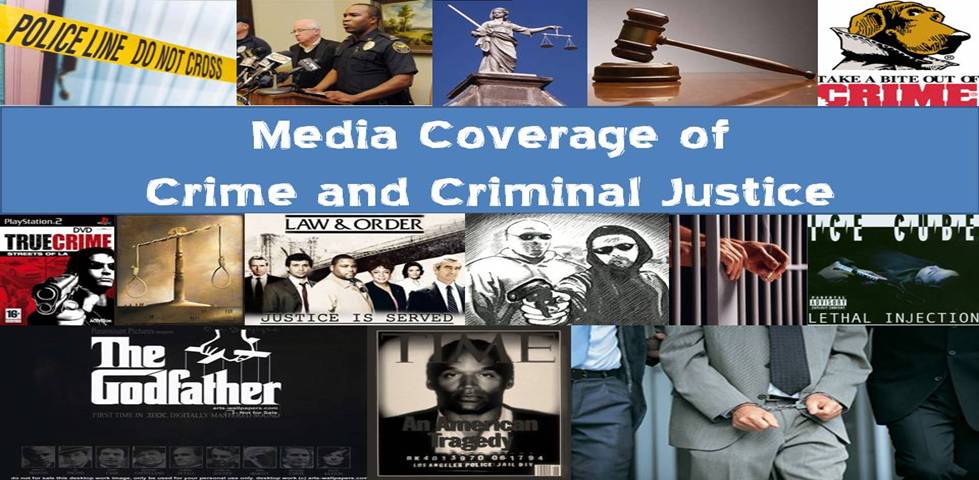What happened? Dwindling public resources jump-started a movement as stressed government budgets were unable to keep pace with the rates of prosecution and incarceration. It costs the United States about $80 billion per year to house more than 2 million in jails and prisons.
Lawmakers, criminal justice officials and analysts say there is a growing philosophical component to this seismic shift that is raising fundamental questions of fairness. The vanguard of the movement - which includes such unlikely partners as Sen. Rand Paul, R-Ky., and Sen. Patrick Leahy, D-Vt., - for the first time in a generation is collectively acknowledging that some of the most extreme punishment policies have largely failed.
State's criminal justice system needs 'major' reform, Utahns say
ksl.com-
The meeting was the second of a series of public hearings meant to facilitate discussion of criminal justice policy changes. "I'm actually very ...
Families, former inmates, experts critique Utah criminal justice system
Salt Lake Tribune--
The final Commission on Criminal and Juvenile Justice hearing for ... on how to improve the state's criminal justice policy and better serve its ...
Explore in depth (3 more articles)
Toughness on crime gives way to fairness, cost reality
Marshfield News-Herald-
Lawmakers, criminal justice officials and analysts say there is a growing ... has been unwinding the costly convergence of extreme penal policy ...
Cops and Economists: Contrasting yet Complementary Views on ...
EconoMonitor-
... unintended consequence—the way drug policy enriches criminals. ... the labor market effects of contact with the criminal justice system ...

No comments:
Post a Comment